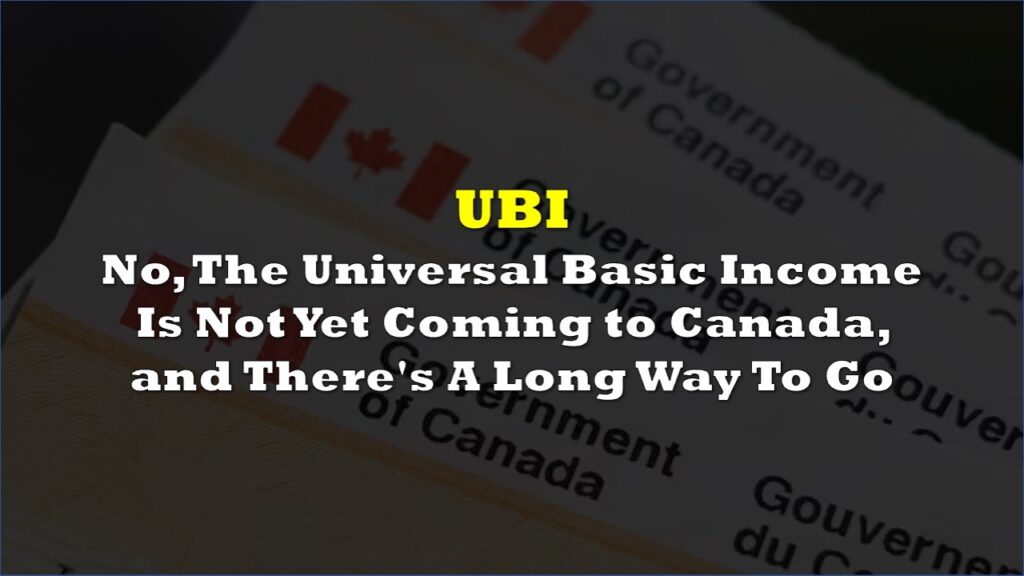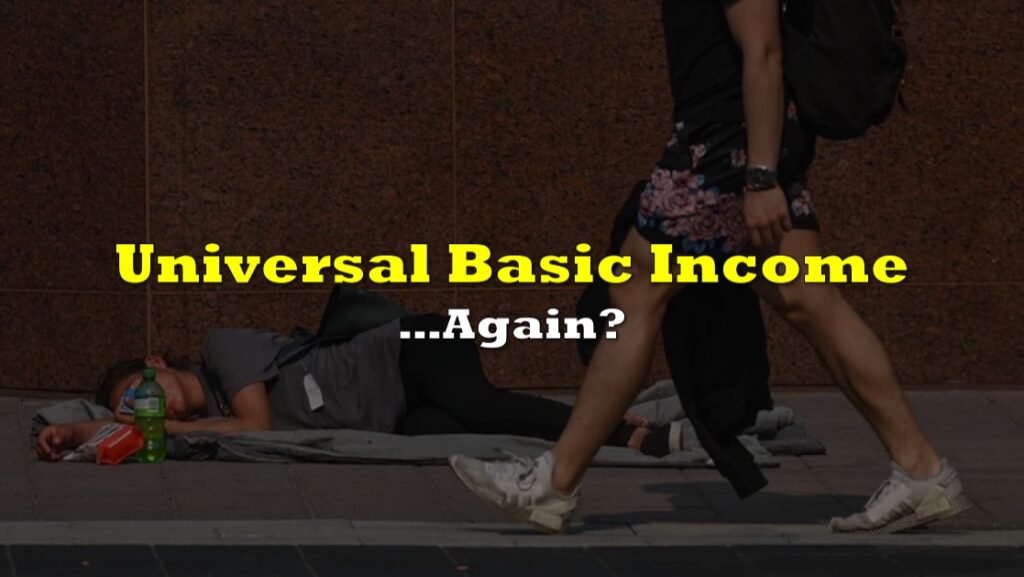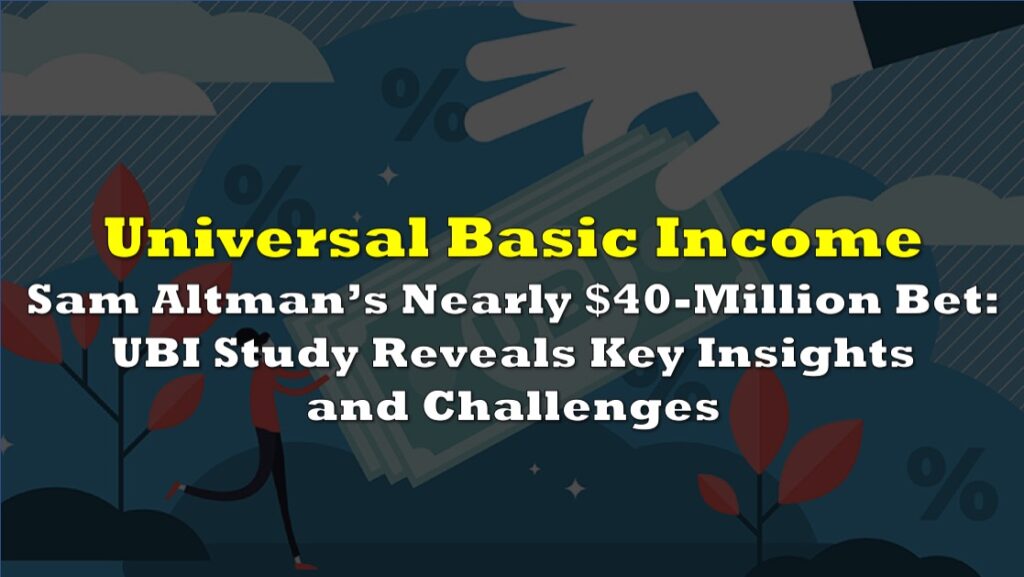Days before the anticipated leadership contest, the decades-long conversation about a universal basic income appears ready to surge back into the national spotlight. The PBO’s latest report, released on February 19, 2025, updates its distributional analysis of a Guaranteed Basic Income and projects how such a program would affect federal spending, household income, and poverty levels.
According to the report, the gross cost of a GBI would approach $107 billion by 2025, excluding the effects of changes in work behavior. When a broader economic family definition is used, that figure drops to around $53 billion. These estimates do not include administrative savings from other programs but are counterbalanced by the report’s assumption that many existing tax credits for low-income individuals would be eliminated to fund the GBI.

“The largest benefit is observed in the lowest income quintile,” the report states, “while higher income quintiles experience a loss in disposable income.”

Even with the up-front costs, it would reduce national poverty rates by a notable margin—34% if calculated with the nuclear family definition, and 40% under the economic family definition. Reflecting on this finding, the report acknowledges that “the combination of higher MBM thresholds and the lower household income growth suggest that more families are now classified as living in poverty.”

Opponents of the proposal often voice concern about how such a large-scale program could affect the labor market, arguing that guaranteed income payments might reduce incentives to work, thus contracting Canada’s workforce. The PBO’s analysis bears this out to a degree, estimating a modest negative impact on overall hours worked and payroll.
While some experts counter that a basic income could improve productivity by creating a healthier, more stable society—much like the “Mincome” trial in Dauphin, Manitoba, which saw reduced hospitalizations and fewer mental health issues—others worry these studies are small-scale experiments that may not fully reflect a nationwide rollout.

Prime Minister Justin Trudeau, who oversaw sweeping pandemic-related benefits early in his tenure, has refrained from categorically endorsing or rejecting a national basic income. Critics say his approach appears half-hearted: enthusiastic messaging around emergency assistance like the Canada Emergency Response Benefit early in the COVID-19 crisis did not translate into serious pursuit of a permanent GBI.
Although the Senate has begun hearings on a plan introduced by Senator Kim Pate, the legislation itself faces an uphill climb.
Manitoba’s “Mincome” study in the 1970s and Ontario’s short-lived pilot under Kathleen Wynne provided real-world glimpses into the possible effects of unconditional cash transfers. Quebec’s ongoing basic income program, currently targeted only at residents with severely limited employment capacity, likewise offers incremental evidence of how such measures can operate in practice. While these initiatives demonstrate administrative feasibility, none were designed as permanent, universal systems.
The Senate’s proposal said it aims not to replace or erode existing supports such as health or disability benefits, but rather to provide a complementary pillar of social assistance. If passed, the bills in the Senate and House of Commons still would not bring in guaranteed income right away; instead, they would create a framework for more extensive study and planning among federal, provincial, and Indigenous stakeholders.
Information for this story was found via the sources and companies mentioned. The author has no securities or affiliations related to the organizations discussed. Not a recommendation to buy or sell. Always do additional research and consult a professional before purchasing a security. The author holds no licenses.









One Response
One would think that government civil service would shrink. If they employ elsewhere that would improve productivity. That should offset the reduction of work by those receiving guaranteed work